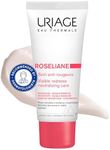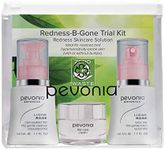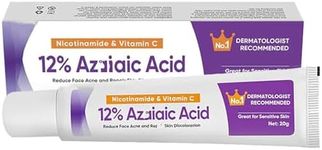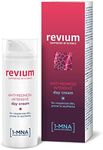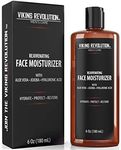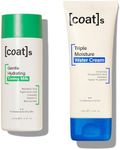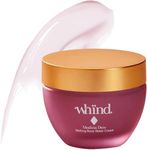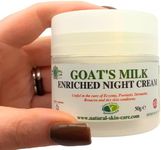Buying Guide for the Best Rosacea Creams
When choosing a rosacea cream, it's important to focus on ingredients and formulations that are specifically designed to soothe and reduce the symptoms of rosacea, such as redness, irritation, and inflammation. Rosacea is a chronic skin condition, so selecting a product that is gentle and effective for your skin type is crucial. Always consider consulting with a dermatologist to ensure the product is suitable for your specific skin needs. Additionally, patch testing a new product on a small area of skin can help prevent adverse reactions.Active IngredientsActive ingredients are the components in a cream that are intended to have a therapeutic effect on rosacea symptoms. Common active ingredients include azelaic acid, metronidazole, and brimonidine, which can help reduce redness and inflammation. When choosing a cream, look for these ingredients if you have been advised by a healthcare professional, as they are often effective in managing rosacea. If you have sensitive skin, opt for creams with lower concentrations to minimize irritation.
Moisturizing PropertiesMoisturizing properties are important in rosacea creams because they help maintain the skin's barrier and prevent dryness, which can exacerbate rosacea symptoms. Look for creams that contain hydrating ingredients like glycerin, hyaluronic acid, or ceramides. If your skin is very dry, a richer cream may be beneficial, whereas those with oily skin might prefer a lighter, non-comedogenic formula to avoid clogging pores.
Fragrance-Free FormulationFragrance-free formulations are crucial for individuals with rosacea, as fragrances can often irritate sensitive skin and trigger flare-ups. When selecting a rosacea cream, check the label to ensure it is free from added fragrances. This is particularly important if you have a history of sensitivity to scented products. Opting for fragrance-free options can help minimize the risk of irritation and keep your skin calm.
SPF ProtectionSPF protection is important in rosacea creams because sun exposure can worsen rosacea symptoms. A cream with SPF helps protect your skin from harmful UV rays, which can trigger redness and irritation. If you spend a lot of time outdoors, choose a cream with a higher SPF, such as SPF 30 or above. For those who are mostly indoors, a lower SPF may suffice, but it's still important to have some level of sun protection.
Non-Irritating FormulationNon-irritating formulations are essential for rosacea creams, as they help prevent further aggravation of sensitive skin. Look for products labeled as hypoallergenic or specifically designed for sensitive skin. Avoid creams with alcohol, menthol, or other harsh ingredients that can cause stinging or burning sensations. If your skin is particularly reactive, consider consulting with a dermatologist to find a formulation that is gentle yet effective for your needs.


